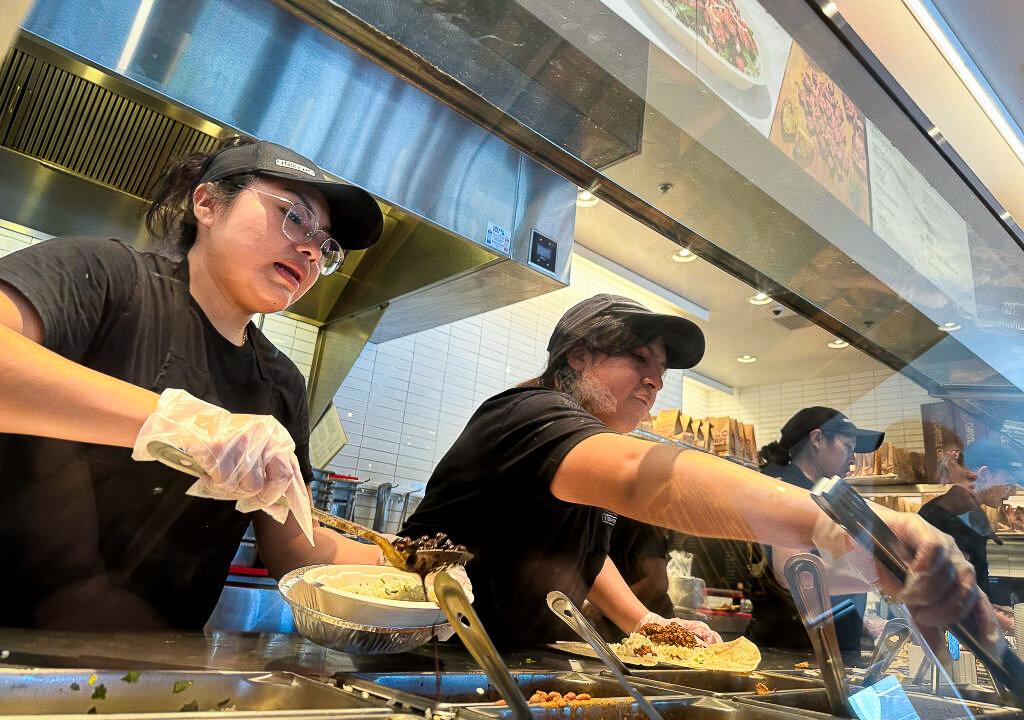Though California’s new minimum wage for the fast-food industry puts more money into some workers’ pockets, it has ignited a firestorm of menu price hikes, mass layoffs, and reduced work hours across the state.
After Assembly Bill 1228—signed into law by Gov. Gavin Newsom in 2023—took effect April 1, the minimum wage for fast-food establishments with at least 60 locations nationwide was raised to $20 per hour.





